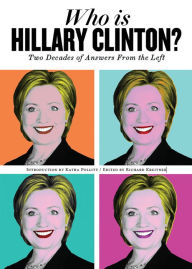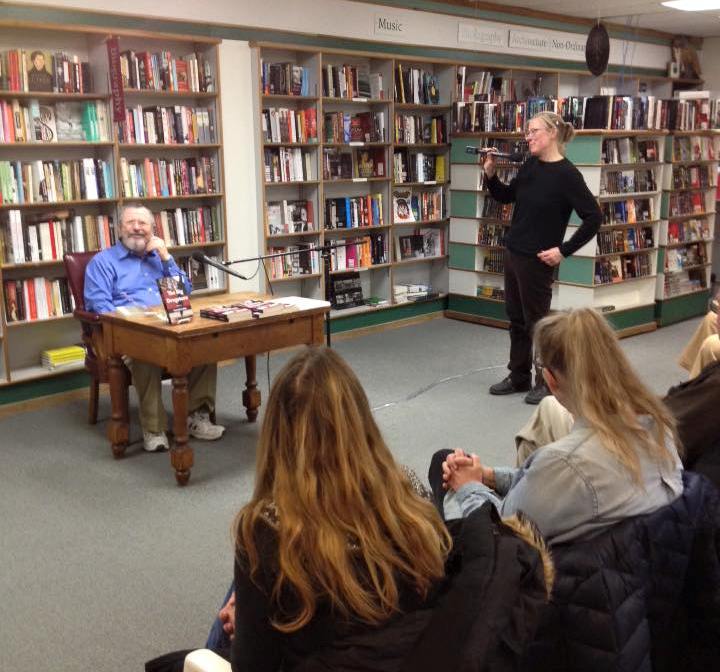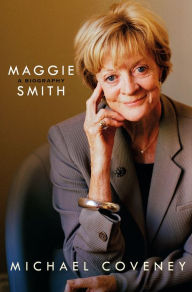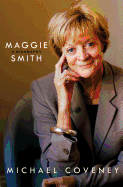ABA, B&N, Others Support Apple at Supreme Court
 The American Booksellers Association, Barnes & Noble, Authors United and the Authors Guild have filed a friend-of-the-court brief with the Supreme Court asking it to review the district court decision, upheld by the appeals court, against Apple, in the so-called agency model case. The court found that Apple violated antitrust law by coordinating with five major U.S. book publishers to influence the price of e-books. In the case, the publishers settled with the Justice Department; only Apple went to court.
The American Booksellers Association, Barnes & Noble, Authors United and the Authors Guild have filed a friend-of-the-court brief with the Supreme Court asking it to review the district court decision, upheld by the appeals court, against Apple, in the so-called agency model case. The court found that Apple violated antitrust law by coordinating with five major U.S. book publishers to influence the price of e-books. In the case, the publishers settled with the Justice Department; only Apple went to court.
The brief argues that "the government's focus on Apple's allegedly anti-competitive activities was misplaced, because Apple's conduct, in fact, enhanced competition by increasing e-book output, the number of e-book titles, and the number of e-book distributors, which led to technological improvements in the e-book market and enhanced freedom of expression and access to e-books." They noted that Apple's entry into the market "actually increased competition, as demonstrated by the fall of Amazon's market share from 90% in 2010 to around 60% two years later."
The brief highlights "the damaging effect on e-book publishing as well as the future of authorship that occurs when e-book distribution is in the hands of a single company." As the brief states, "Absent correction, the lower court's wooden approach threatens to undermine the very objective of antitrust law--to ensure robust competition."
The brief cites the dispute last year between Amazon and Hachette over e-book pricing that involved various punitive measures taken by Amazon against Hachette, including removing the ability to preorder titles, thus creating a "disastrous" effect for authors about to publish books.
ABA CEO Oren Teicher commented: "Booksellers firmly believe in the importance of competition, a robust and diverse environment for authors and readers, and a healthy marketplace of ideas. We believe Apple's participation in the e-books market strengthened all those goals."
Author Douglas Preston, founder of Authors United, said, "We authors feel strongly that diversity, competition, and the free flow of ideas are key to a healthy marketplace of books. The numbers unequivocally show that Apple's entry into the e-book market increased competition and gave authors and publishers greater choice in how content was delivered to the reading public."
Authors Guild executive director Mary Rasenberger called the case "critical to anyone interested in a competitive and diverse literary marketplace. We fundamentally question the wisdom of the Second Circuit's use of antitrust law to punish a business arrangement that demonstrably increased competition in the e-book marketplace."









 When
When 
 I.B. Tauris and the Nation magazine have begun a publishing partnership that will make its debut with publication January 30 of Who Is Hillary Clinton?: Two Decades of Answers from the Left, edited by Richard Kreitner with an introduction by longtime Nation columnist Katha Pollitt. The collection includes articles and commentary by feminists, fans and foes, ranging from Barbara Ehrenreich to Christopher Hitchens. The second book in the partnership will be Why Cold War Again?, to be published March 30, an alternative history of the escalation in tensions between Russia and the United States by Russian scholar and Nation contributing editor Stephen F. Cohen.
I.B. Tauris and the Nation magazine have begun a publishing partnership that will make its debut with publication January 30 of Who Is Hillary Clinton?: Two Decades of Answers from the Left, edited by Richard Kreitner with an introduction by longtime Nation columnist Katha Pollitt. The collection includes articles and commentary by feminists, fans and foes, ranging from Barbara Ehrenreich to Christopher Hitchens. The second book in the partnership will be Why Cold War Again?, to be published March 30, an alternative history of the escalation in tensions between Russia and the United States by Russian scholar and Nation contributing editor Stephen F. Cohen. Patrick Irelan, author of the crime novel The Big Drugstore (Ice Cube Press), fielded questions from his audience after a recent reading at
Patrick Irelan, author of the crime novel The Big Drugstore (Ice Cube Press), fielded questions from his audience after a recent reading at  Congratulations to
Congratulations to  Manager Heather Hebert, the founder's daughter, joined the business 11 years ago. At one time, two Borders, a Barnes & Noble and a Zany Brainy opened within a three-mile radius. With two of those three chains now defunct, the threat of Amazon looms large. "Our biggest challenge right now is Amazon, and I'm not going to sugarcoat it: they don't play fair," Hebert said. "They're hurting authors, which, in turn, hurts publishers, and, in turn, hurts the bookstore."
Manager Heather Hebert, the founder's daughter, joined the business 11 years ago. At one time, two Borders, a Barnes & Noble and a Zany Brainy opened within a three-mile radius. With two of those three chains now defunct, the threat of Amazon looms large. "Our biggest challenge right now is Amazon, and I'm not going to sugarcoat it: they don't play fair," Hebert said. "They're hurting authors, which, in turn, hurts publishers, and, in turn, hurts the bookstore."


 Salvaged Pages: Young Writers' Diaries of the Holocaust
Salvaged Pages: Young Writers' Diaries of the Holocaust Actress Maggie Smith seems to be at the height of her power, enjoying worldwide acclaim and success for her roles in the Harry Potter and Best Exotic Marigold Hotel films, as well as the TV series Downton Abbey. In Maggie Smith: A Biography, Michael Coveney, one of Britain's most respected theater critics, presents the storied influences of Dame Maggie's life and the six decades of her public presence and global reach on stage and screen.
Actress Maggie Smith seems to be at the height of her power, enjoying worldwide acclaim and success for her roles in the Harry Potter and Best Exotic Marigold Hotel films, as well as the TV series Downton Abbey. In Maggie Smith: A Biography, Michael Coveney, one of Britain's most respected theater critics, presents the storied influences of Dame Maggie's life and the six decades of her public presence and global reach on stage and screen.